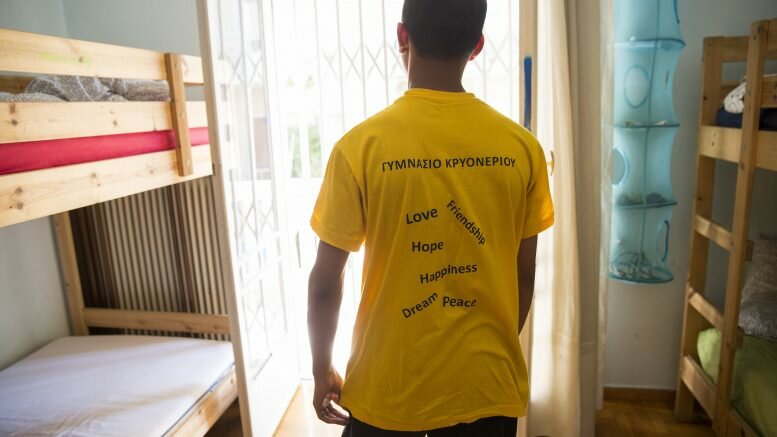Asylum children get second-rate treatment in the Nordic countries,UNICEF have pointed out. In a recent research report, Norway was asked to take better care of the children who come to the country.
The UN Children’s Organisation presented the report “Protected on paper”about the treatment of asylum children in the Nordic region on Tuesday. In the report, Norway was specifically asked to assess the health offer for young asylum seekers, and to investigate the consequences of treatment for their mental health.
According to the report, there are no grounds for treating children who are over, and under, 15 years of age. In Norway, unaccompanied asylum seekers under the age of 15 are taken care of by the child welfare services,while they are handled by the asylum system above 15 years of age.
Need for child welfare
The report criticised Nordic countries for leaving the asylum authorities to take responsibility for children before child welfare services. The children’s legal status therefore has an impact on what offers they receive, and whether they get their rights.
In addition to giving the child welfare service responsibility for all unaccompanied
asylum seekers, including those over 15, the report recommended that child welfare assess the situation of all asylum seekers, including those who come with family members.
Children must also be heard in the asylum process, regardless of their parents, and unaccompanied asylum seekers should have the same standard as child welfare centres.
Moral and legal responsibility
“All authorities in the country have a moral and legal responsibility to ensure children’s rights,” the report stated. It had been prepared by UNICEF’s ‘Innocenti Research Unit’.
Age assessment and forced retirement are two parts of the asylum process that require closer examination, the report stated. Norway was asked to ensure that age assessment takes place in line with legislation, and is based on “comprehensive
assessments”.
© NTB Scanpix / #Norway Today




